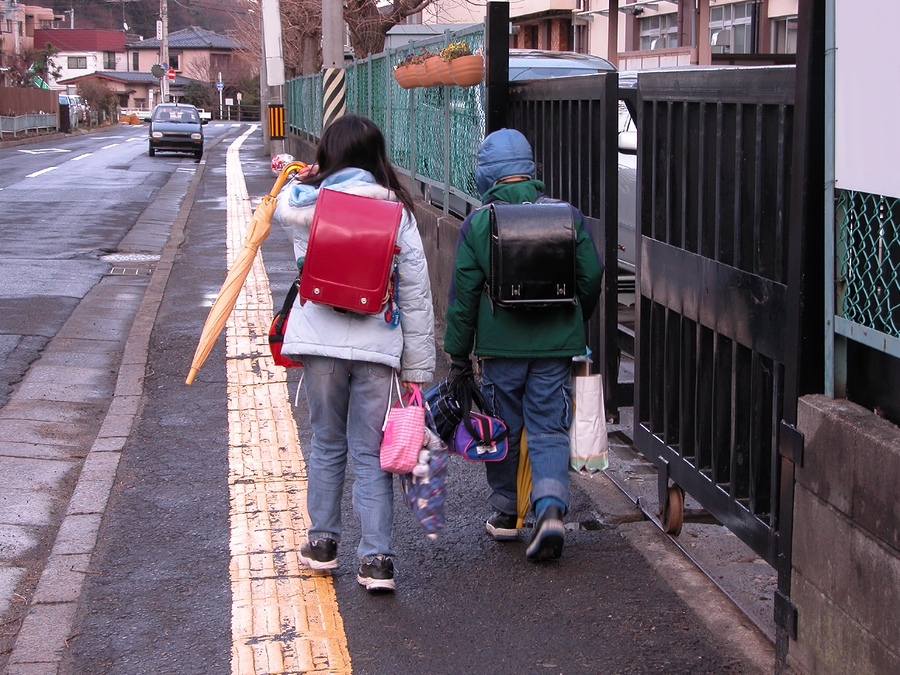Practice Corner: Parents are an important part of the equation
 An Important Part of the Equation
An Important Part of the Equation
By: Marty Martinez
As practitioners fueling the mentoring movement, we’re all in the business of creating high quality and outcome-based mentoring relationships. In order to achieve that, programs work hard to create great quality matches that potentially can last a lifetime and have an important impact on the life of a young person. An important element of creating long lasting mentoring relationships involves picking the right mentor and mentee and ensuring that they are well prepared and well trained for the relationship. But another critical element of the process is the engagement and inclusion of parents and/or guardians throughout the process. This practice of engaging parents in the mentoring relationship is highlighted in research, summarized in the Chronicle, from Dr. Renee Spencer and Ph.D. candidate Antoinette Basualdo-Delmonico’s, “Working to Make it Work: The Role of Parents in the Youth Mentoring Process” (2011). What was discovered from the research was parents who are involved in mentoring relationships have improved communication with the mentor and with staff in the programs and feel more engaged and supportive of the relationship. In addition, more long lasting mentoring relationships were created and mentors became someone the parents knew, strengthening trust within the relationship. Building trust is a critical component in building a prosperous mentoring relationship and parents and guardians are an important part of the story to make this happen.
This research gives us a clear direction as to what the next steps are in creating and sustaining parent involvement in mentoring relationships. As an organization that works to strengthen mentoring across the state, Mass Mentoring is committed to the expansion and strengthening of parent and family engagement in the field. Through the James G. Connolly Tribute Fund, we provided resources to L.U.K. Mentoring in Fitchburg and Girls Inc. of Lynn to fill the gap of parent/family engagement within their programs. L.U.K. Mentoring is expanding parent/family outreach by creating brochures, pamphlets and youth handbooks in various languages for parents to help increase the level of knowledge they have about the program and its operations. They have also created a parent/family resource guide and included parents on their mentoring advisory board, offering stipends for childcare and transportation so they could attend monthly meetings. The focus for L.U.K. Mentoring’s parent/family engagement is to minimize some of the barriers that make it challenging for parent and family members to be involved, while creating more opportunities for engagement and involvement in shaping the overall program.
Girls Inc. of Lynn has a college readiness mentoring program for first generation college students. Their program provides after school and summer programs that support teenage girls with job readiness, leadership programs, and college mentoring. Their goal is to expand their parent/caregiver outreach by creating more conversations around health, academic, social and cultural barriers that affect girls obtaining their college education. For Girls Inc. of Lynn, the cornerstone of engagement is supplying the girls, their parents and their mentor with the same materials to enhance dialog that they are having and to increase the chances of the girls obtaining their college degrees. Both L.U.K. Mentoring and Girls Inc. of Lynn understand the importance parent/family involvement has on mentoring relationships. Developing measures to ensure parent and family involvement within youth’s lives is at the forefront of their programs efforts to create even stronger mentoring relationships.
Programs need to make a holistic effort to support parent and family engagement. We all can use Spencer and Basualdo-Delmonico’s research as a basis to view parent involvement as an equal part of the mentoring relationship equation. In addition to that, L.U.K. and Girls Inc. of Lynn’s efforts can be used as an example for programs that want to engage parents in their programs, but are unsure how to. Engaging parents and families is not always the easiest thing but programs should not shy away from these challenges, but rise to the occasion. When youth, parents, and programs are all in support of one another, it creates less room for uncertainty and more room for transparency and shared investment ultimately creating better outcomes for youth.










